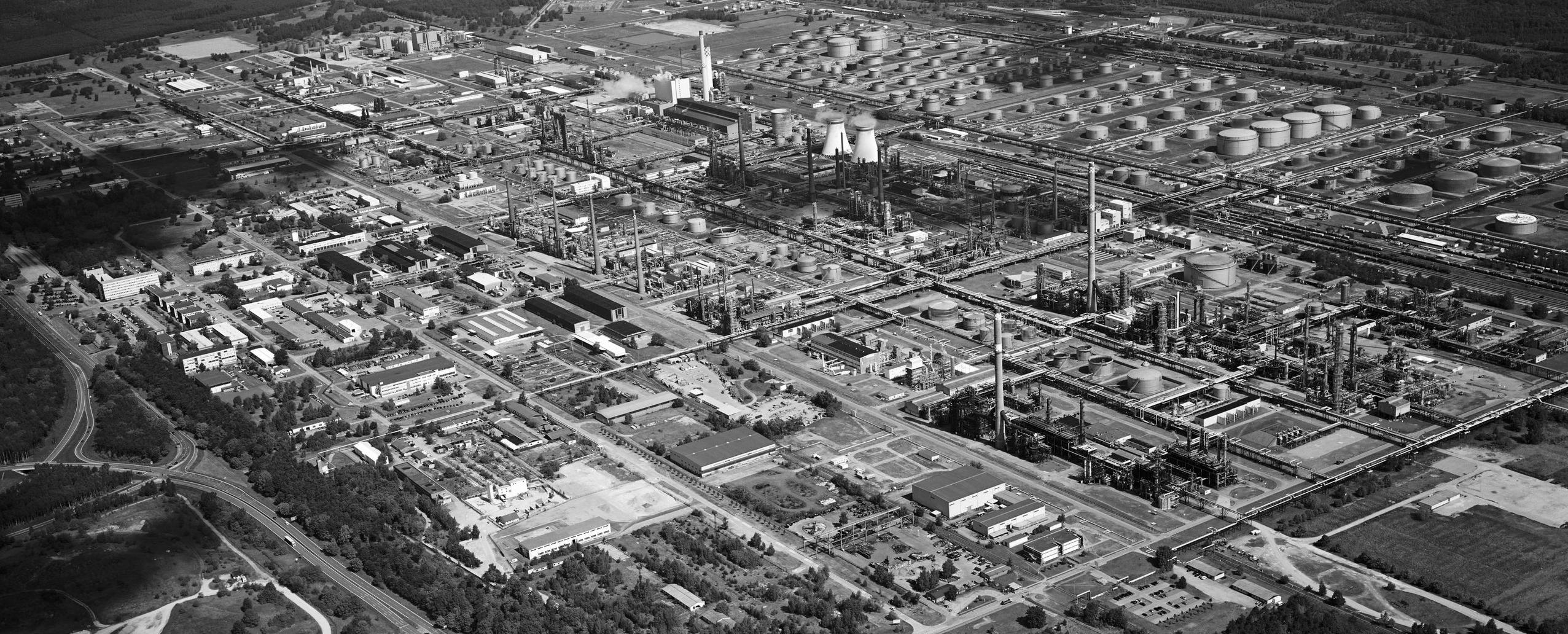The latest figures published reveal a bitter truth: a third of a century after the annexation of the GDR by the FRG, the illusions of flourishing landscapes have long since vanished and it is becoming increasingly clear that what belongs together is not growing together. Average wages in the not so "new" federal states today are about ¾ of the average wages in the West. More precisely, it is 78.5% or exactly 55,797 euros in West Germany, whereas in East Germany it was only 43,624 euros per year. Even though both increased in absolute terms compared to the previous year, both decreased when adjusted for inflation. What is important here is that the difference between East and West German wages has not only not decreased or remained the same, but has increased.
The inflation and price development is correspondingly dramatic for the people who are affected by this inequality. The Tafel in Schwedt, the so-called " Schutzhütte", is now sounding the alarm that more and more people are dependent on their help in the form of food donations.
Schwedt was an enormous industrial town in the days of the GDR, especially in the petroleum processing industry. The VEB Petrolchemie Kombinat Schwedt even survived Treuhand and KfW, even though it was sold off to an international consortium of Shell, Rosneft and Eni. Today, with its approximately 3,500 workers, it supplies the Brandenburg/Berlin region almost completely with fuels.
Rosneft's share in today's PCK Schwedt was recently placed under German receivership after sanctions against Russia were extended to oil imports. Shortly afterwards, a "leak" occurred in the Druzhba pipeline running through Poland, which brought the PCK's supply of primary products to an almost standstill.
Accordingly, the people of Schwedt are worried about the future and are taking their displeasure to the streets. At the beginning of May this year, the police prevented protests in front of the plant. But the people of Schwedt are not going to let themselves be discouraged. At the end of June, many took part in a demonstration at which Minister Robert Habeck was also to speak. Trade unions, here especially the IG BCE, and the state in alliance are looking for a reactionary way out, but the mood of the masses that met him was impressive. The last time thousands demonstrated in Schwedt in October. This time the Left Party, with all sorts of celebrities, tried to bring the protest under its banners into calmer waters. The promised 325 million euros in subsidies for the "transformation process" towards "green energy" are also aimed at this reactionary way out.
Especially the reports on the last demonstration show clearly how far the masses have already detached themselves from the parliamentary illusions. Among other things, it is said that a part of the masses " ... have lost all hope in politics. "They're all just whitewashers," one listener is quoted as saying. ... but some also expressed disappointment: "We would have expected more than this election campaign speech.""
It is also important that the West German intellectual narrow-mindedness, which all too readily rants about the exclusively brown East, is taught better in reality. For example, a few days after his election, the new federal leader of the AfD youth organisation "Junge Alternative", Hannes Gnauck, had the windows of his civic office in Angermünde (less than 25km from Schwedt) broken and insults were allegedly written on the bureau.

